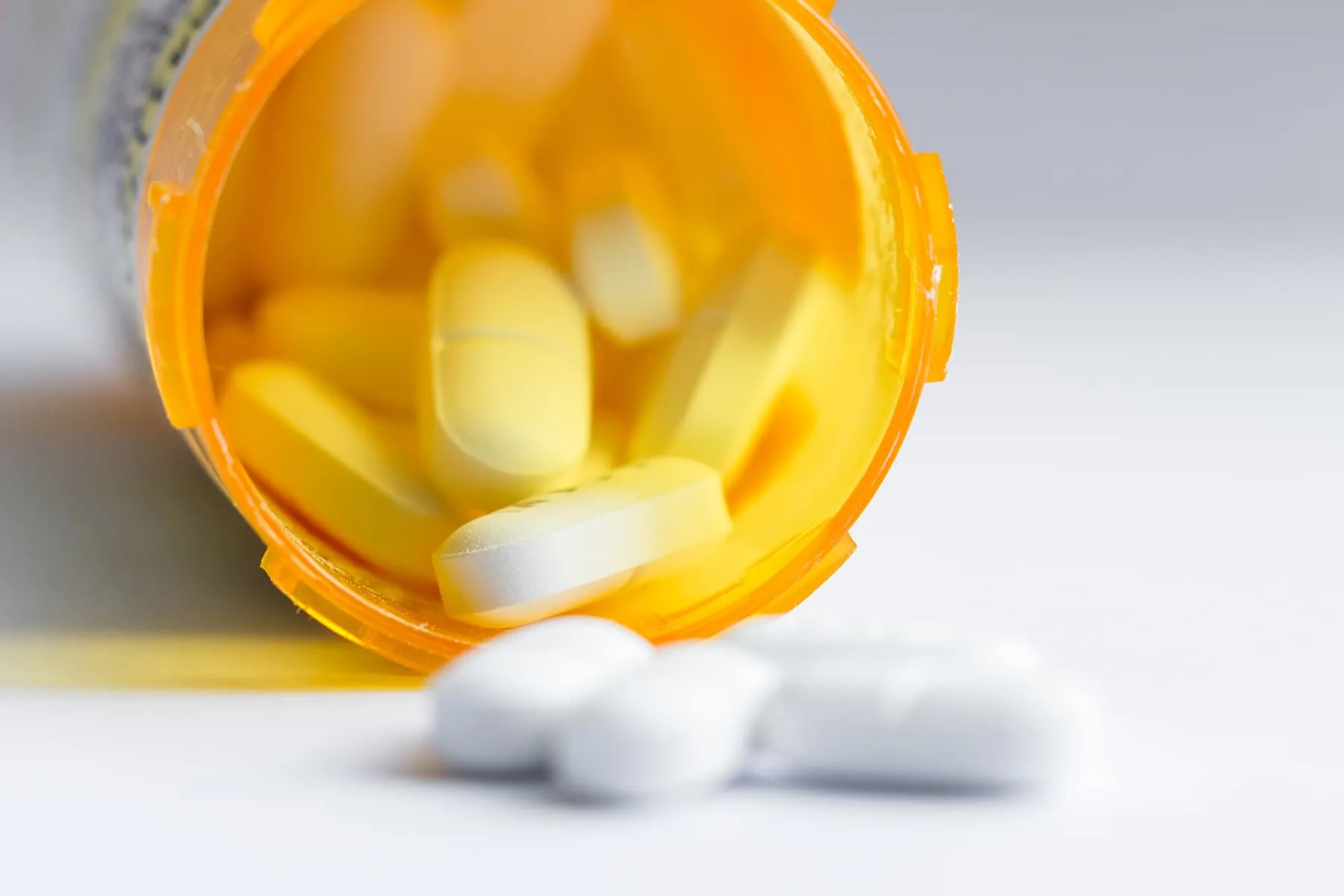
CAD develops over time and is characterized by a buildup of plaque, cholesterol and fatty substances in your artery walls.
What Medication Removes Plaque From Arteries?
Your doctor might prescribe different types of medications, depending on your health. These might be:
- Angiotensin-converting enzyme inhibitors, called ACE inhibitors, to lower blood pressure
- Beta-blockers to lower blood pressure
- Calcium ion channel blockers to relax arteries and lower blood pressure
- Nitrates to ease chest pain
- Blood thinners to prevent clots
- Antiplatelet drugs like aspirin to stop clots
To lower high cholesterol levels, your doctor might start with statin medications. If those don’t work well enough, they might try certain non-statin drugs to lower your cholesterol. These can be:
- Alirocumab
- Bile acid suppressants
- Ezetimibe (Zetia)
- Evolocumab
- Fenofibrate (Tricor, Triglide)
- Gemfibrozil
- Omega-3 fatty acids
What Are the Side Effects of Heart Medicine?
While medications for heart disease are safe and effective, they can cause side effects. Blood thinners, for example, raise your risk for bleeding. You might have trouble stopping bleeding from a cut or a nosebleed. You might also have bleeding gums. Although rare, blood thinners can lead to severe internal bleeding.
Statins are some of the most commonly prescribed heart medicines. They also may cause side effects. The most common are:
- Muscle pain
- Muscle damage
- Liver damage
- Higher blood sugar
- Type 2 diabetes from high blood sugar
- Confusion
- Memory loss
You might have more side effects if you take several different heart medicines. Not everyone has side effects, though. If you experience problems, talk to your doctor before you stop taking your medications. Your heart medicines can lower your risk of getting more serious heart problems. Your doctor can help you find a different type or a different dose.
Are There Other CAD Treatments?
While medications can be a key heart disease treatment, your doctor will likely also suggest lifestyle and diet changes. These changes can help lower your risk of worsening heart disease or heart attack.
Recommendations may include:
- Eat a diet low in sodium, sugar, and unhealthy fats.
- Quit smoking.
- Get regular exercise.
- Drink less alcohol.
- Maintain a healthy weight.
You should aim to get 150 minutes of moderate exercise a week and eat a diet rich in fruits, vegetables, whole grains, low-fat dairy, fish, nuts, and seeds.
A healthy lifestyle and diet can help prevent coronary artery disease.

